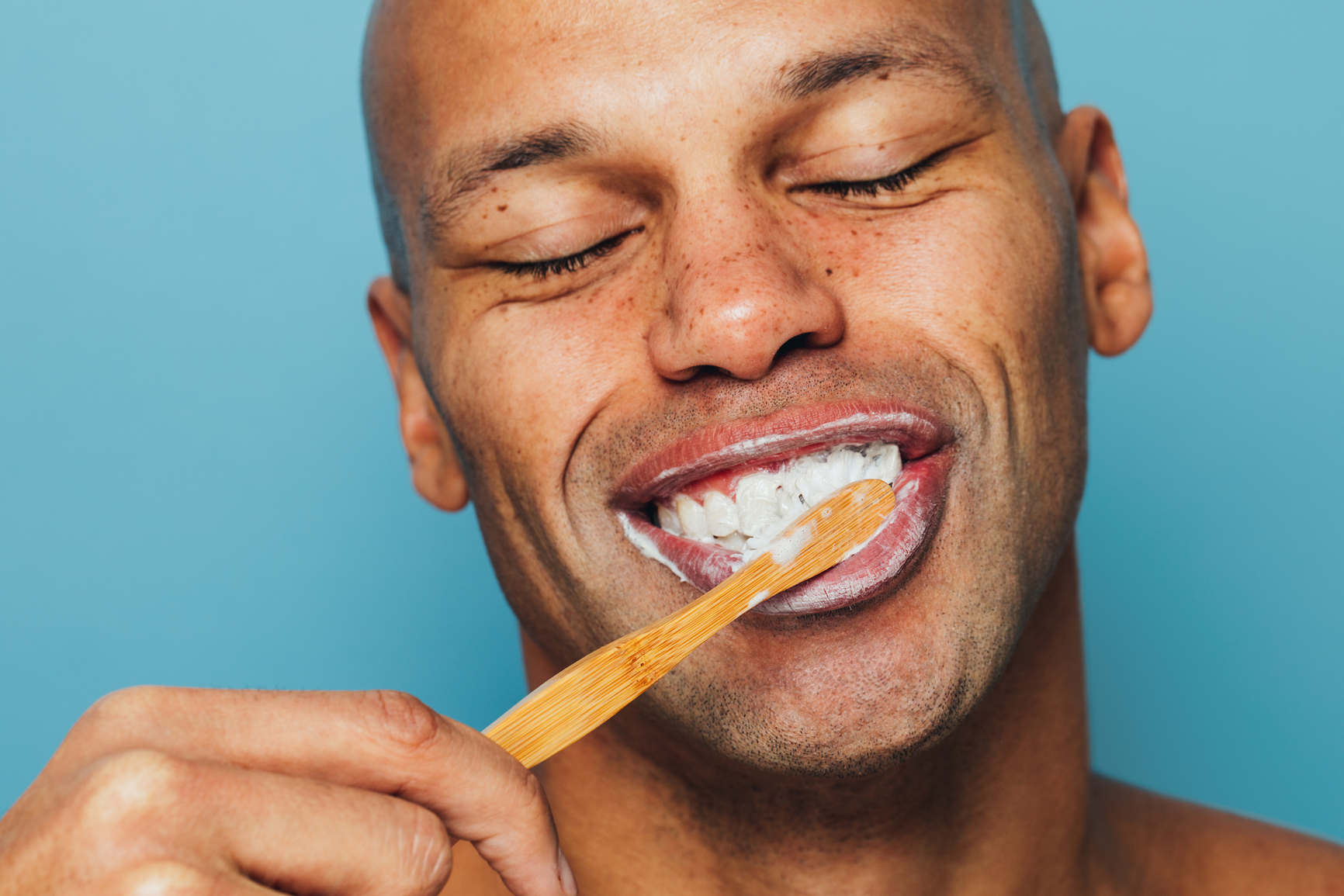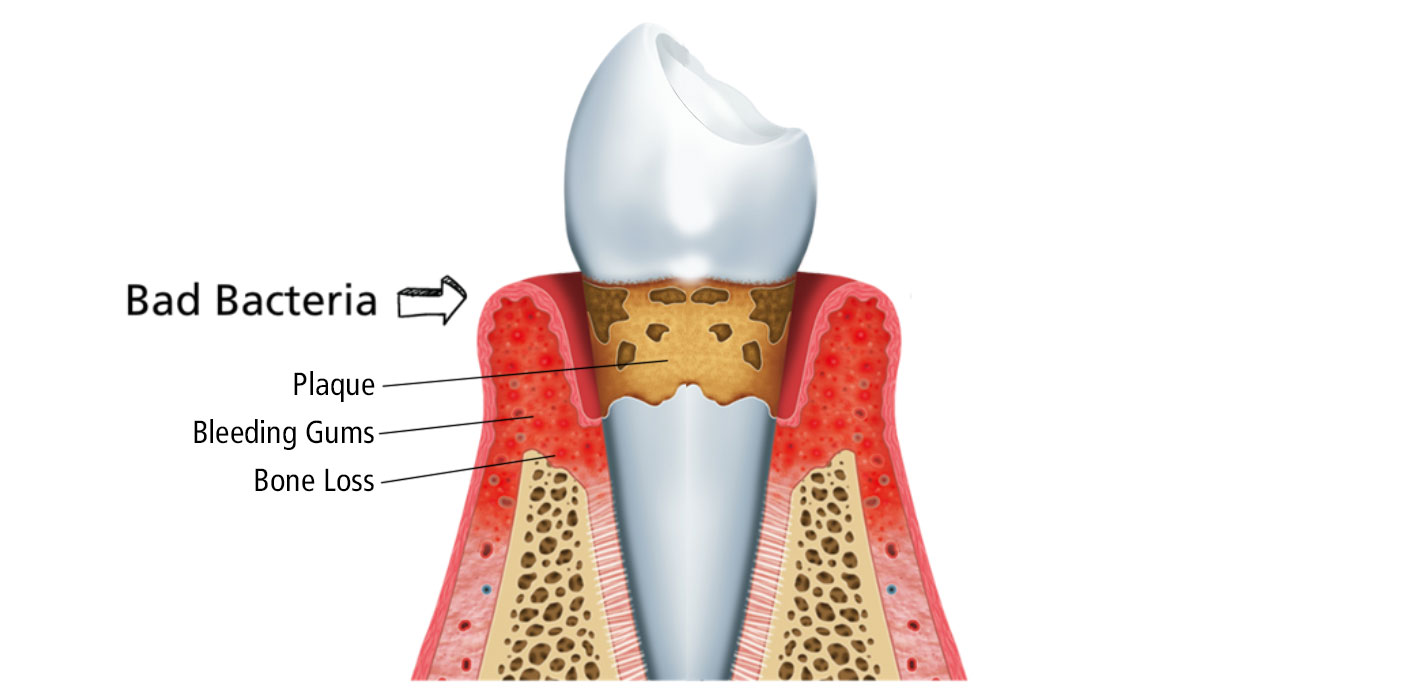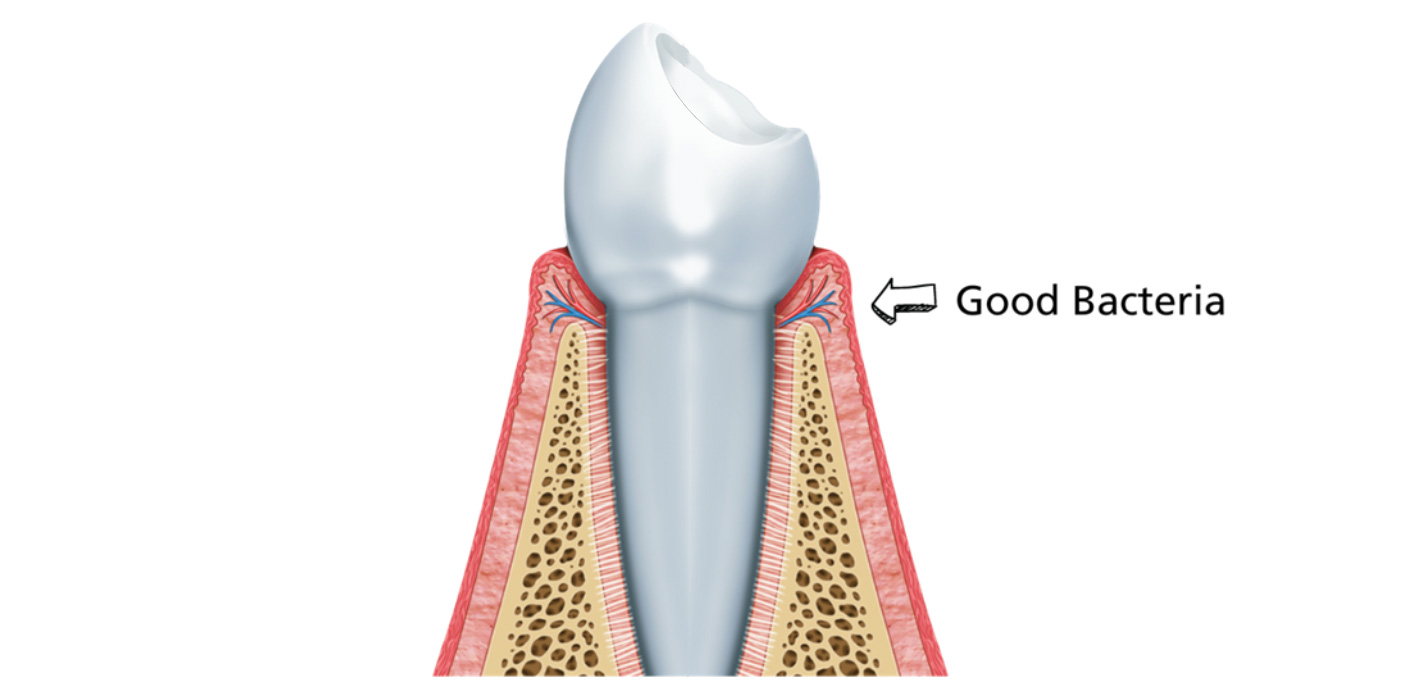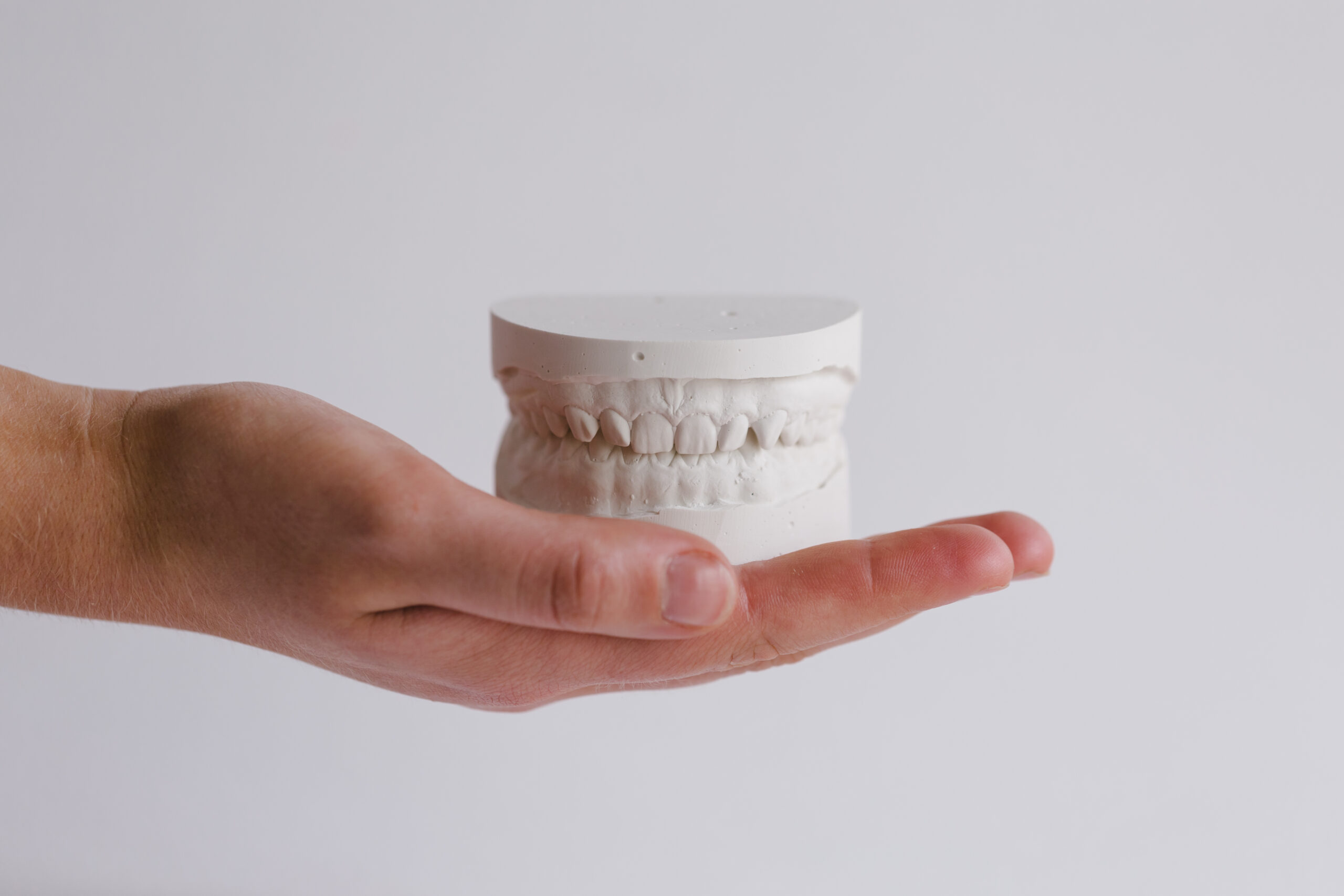THIS WEBSITE IS FOR BUSINESS & INDUSTRY PARTNERS. FOR CONSUMER PRODUCTS VISIT : BLIS Probiotics >
THIS WEBSITE IS FOR BUSINESS & INDUSTRY PARTNERS. FOR CONSUMER PRODUCTS VISIT : BLIS Probiotics >
Good dental hygiene is just one part of the equation for healthy teeth and gums. For optimal protection, probiotics can balance and restore the oral microbiome.


Global Key Account Manager ENQUIRE NOW
Ever had that fuzzy feeling on the surface of your teeth? That’s plaque. It’s a sticky layer of bacteria. Eating high sugar foods can accelerate plaque growth as it feeds the pathogenic bacteria, creating acid. Over time, this acid breaks down tooth enamel, eroding teeth and advancing to periodontitis (gum disease).
The inflammation caused by periodontitis is a catalyst for the site becoming more anaerobic. These changes cause the oral microbiome to now favour the growth of pathogenic bacteria, shifting it from a symbiotic environment to dysbiosis.
Dysbiosis has far-reaching impact beyond oral health, with links to systemic infections such as cardio vascular disease, diabetes mellitus, rheumatoid arthritis, and Alzheimer’s disease.*
*Preethi Sudhakara, Abishek Gupta, Anshumouli Bhardwaj and Aruni Wilson 2018. Oral Dysbiotic Communities and Their Implications in Systemic Diseases, Dentistry Journal.
Recently there’s been an industry-wide shift in the understanding of gum disease. For many years, dentists treated gum disease as if it were a condition caused by poor oral hygiene.
While brushing and flossing habits do play a role in the development of gum issues, periodontal disease is actually caused by bacteria. By outnumbering the bad bacteria with good bacteria, teeth and gums stay healthy and protected.




Probiotics in dental healthcare has recently come into the spotlight through research showing the benefits of balancing and strengthening the oral microbiota.* This growing area of research builds on the idea that plaque management is more effective through the use of good bacteria to stabilise the natural and beneficial microbiota, as part of preventative care.
*Devine DA & Marsh PD. Prospects for the development of probiotics and prebiotics for oral applications. J Oral Microbiol 2009; 1:1
BLIS M18™ (Streptococcus salivarius M18) is native to the oral microbiome and proven to inhibit a number of pathogens linked with teeth and gum issues. Independent studies have shown BLIS M18™ to be effective at slowing down plaque build up, reducing sulcular bleeding, and reducing inflammatory response.
BLIS K12™ (Streptococcus salivarius K12) has been shown to be effective against halitosis (bad breath) with a 2016 study showing subjects who used BLIS K12™ with normal brushing and flossing had a greater halitosis improvement than those that did not.



Gum / Periodontal Disease

Plaque REDUCTION

Sulcular Bleeding

Caries Development

Black Stains Recurrence
